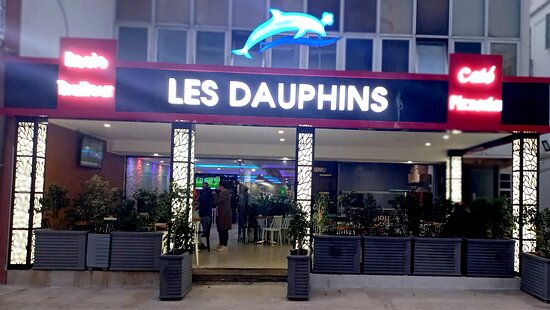Comoros
WELCOME TO Comoros
Country Overview
Moroni
2,235 km2
869,601
Comorian
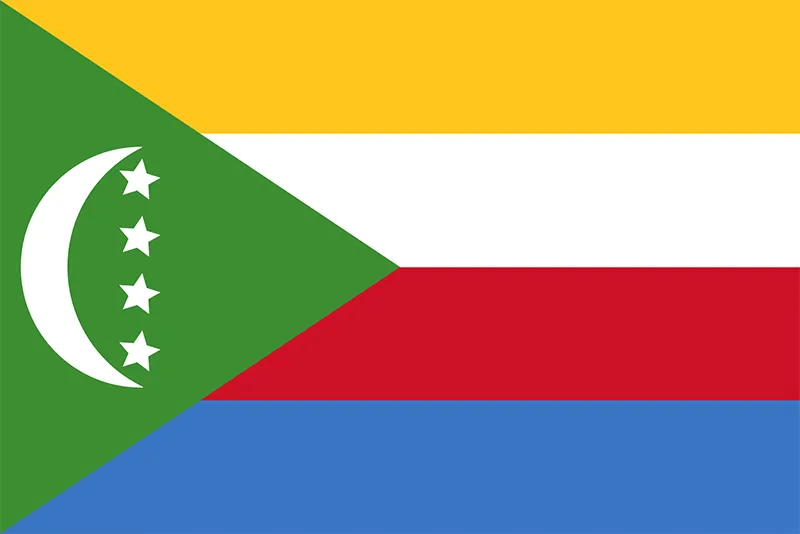
Popular
Geography and Tourist Attractions
Information about the country's tourist attractions, including popular destinations, events, and activities.
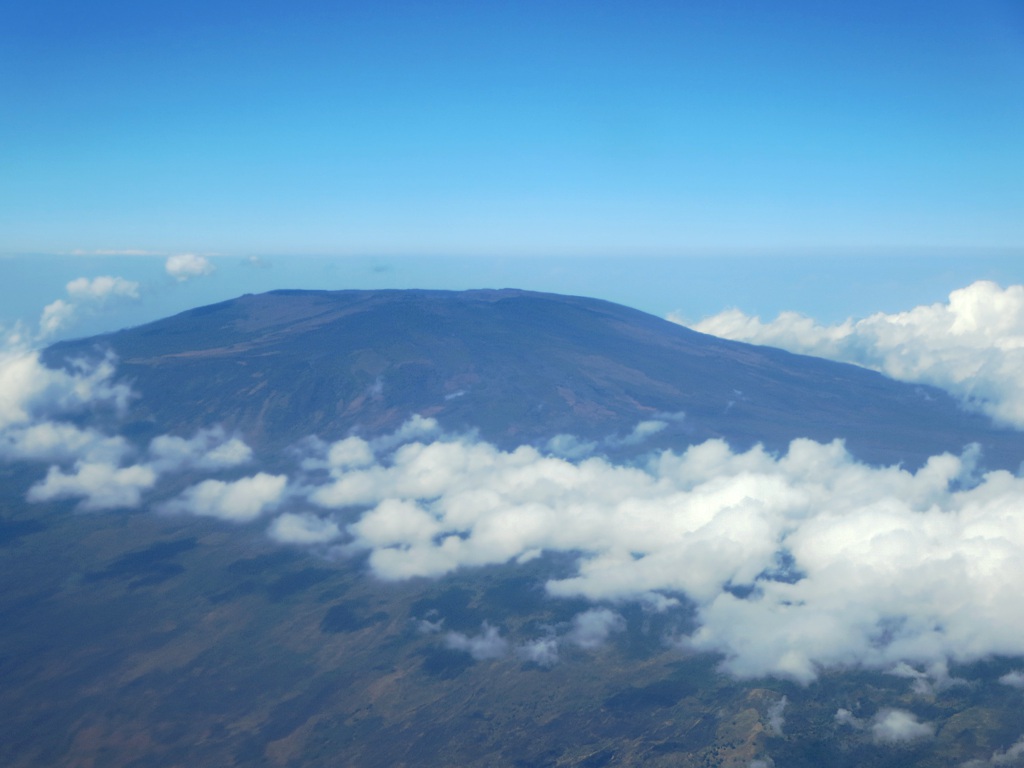
Mount Karthala
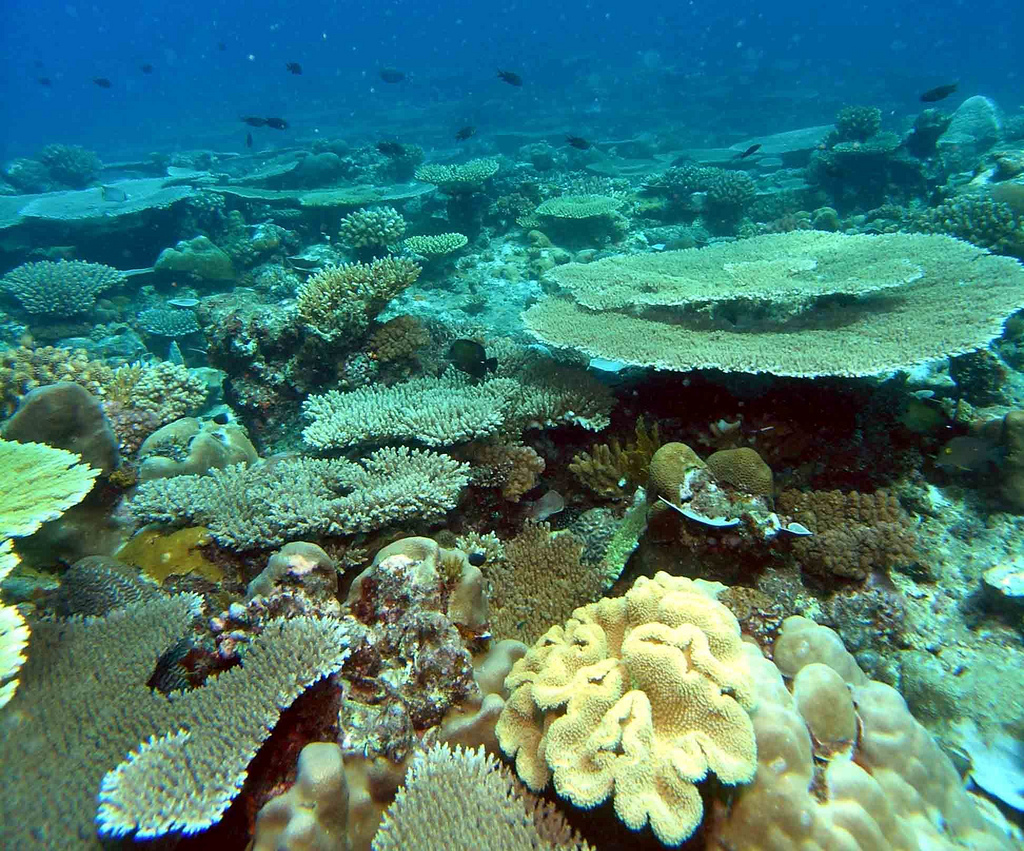
Mohéli Marine Park
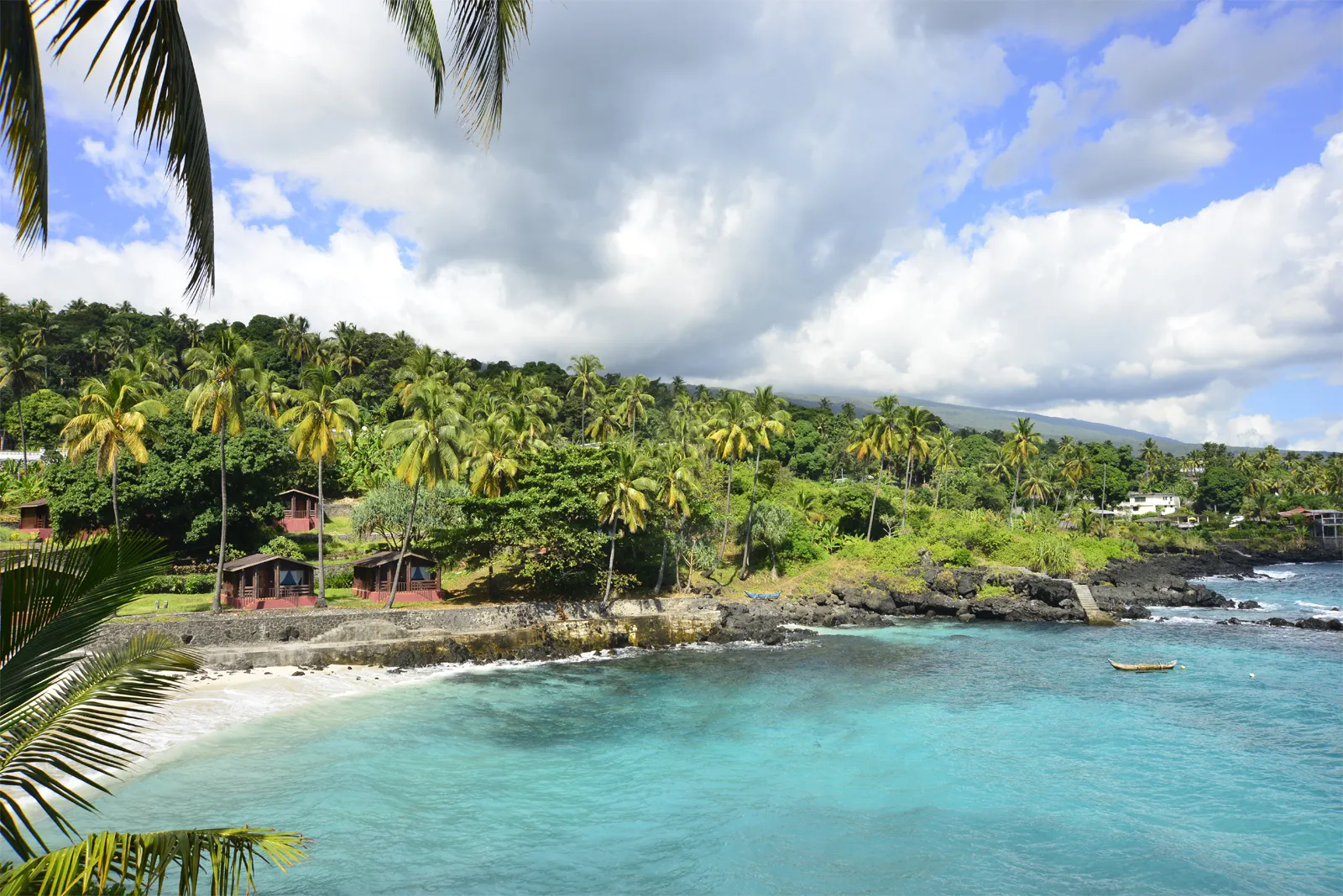
Grande Comore Island
Political
Economy and Government
Comoros is a small island nation in the Indian Ocean with an economy that relies heavily on agriculture, fishing, and remittances from overseas Comorian communities. The country faces significant challenges due to its limited resources, geographic isolation, and vulnerability to natural disasters. The government of Comoros has implemented various measures to promote economic development and stability.
The economy of Comoros is primarily based on subsistence farming, with crops such as vanilla, cloves, and ylang-ylang being the main exports. Fishing also plays a crucial role, contributing to both domestic consumption and exports. Additionally, remittances from Comorians working abroad form an essential part of the country's economy.
The government of Comoros follows a federal presidential republic system. The president serves as both the head of state and the head of government, and executive power is vested in the president and the Council of Ministers. Political stability has been a key focus for the government, and efforts have been made to strengthen governance, attract foreign investment, and improve infrastructure.
Despite facing economic and governance challenges, Comoros has made progress in recent years, particularly in sectors such as tourism and agriculture. The government continues to work towards sustainable economic growth, poverty reduction, and social development to improve the livelihoods of its citizens.
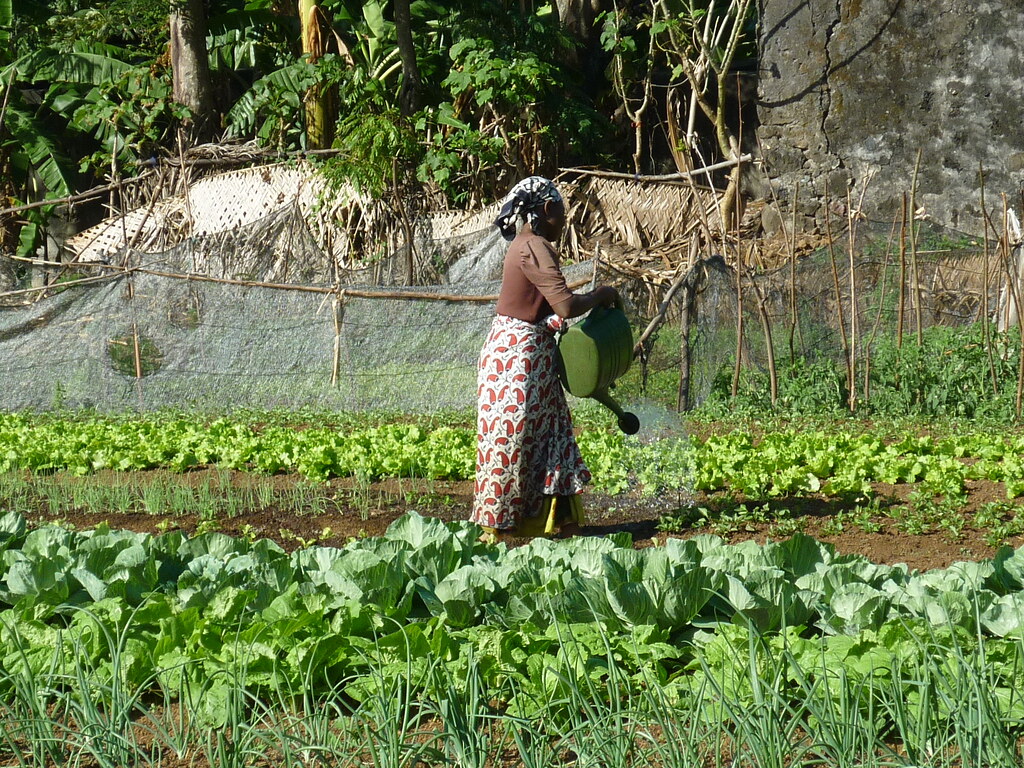
History
History and Culture
Comoros has a rich history and a vibrant culture that reflects the influences of African, Arab, and French traditions. The islands of Comoros have been inhabited for centuries, and historical records trace their roots back to various civilizations. The Comoros archipelago has witnessed the rise and fall of Arab sultanates, Portuguese colonization attempts, and French colonial rule.
The culture of Comoros is deeply rooted in Islamic traditions and Swahili heritage. Islam plays a significant role in the daily lives of Comorians, influencing their customs, dress, and social norms. Traditional music, dance, and storytelling are integral parts of Comorian culture, often accompanied by the distinctive rhythms of local musical instruments.
Comoros is renowned for its intricate handicrafts, such as woven mats, pottery, and wooden carvings. The islands are also famous for their fragrant spices, including vanilla and cloves, which have been major exports for centuries.
The people of Comoros are known for their warm hospitality and strong sense of community. Traditional ceremonies and festivals, such as Mwali, celebrate cultural heritage and provide opportunities for locals and visitors to engage in traditional music, dance, and culinary delights.
Preserving their cultural identity and heritage is of great importance to Comorians, and efforts are made to pass down traditional knowledge and practices to future generations. Comoros' history and culture combine to create a unique and captivating experience for those seeking to explore its vibrant traditions and rich historical tapestry.
HOTELS
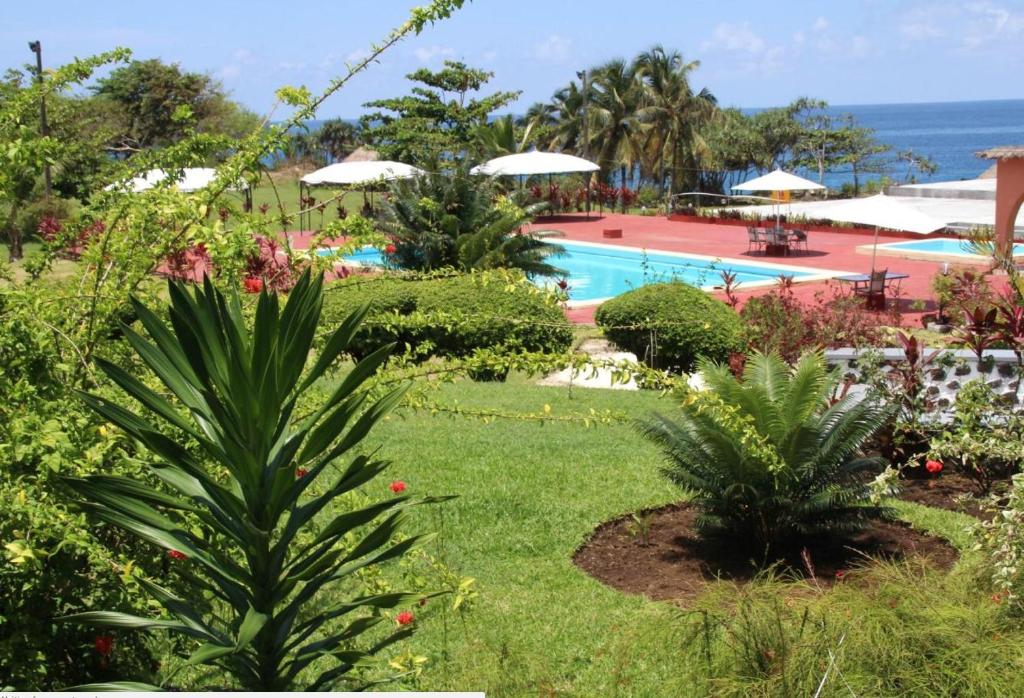
Hotel Retaj Moroni
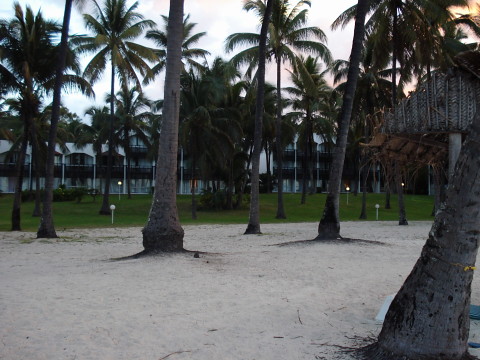
Le Galawa Beach Hotel
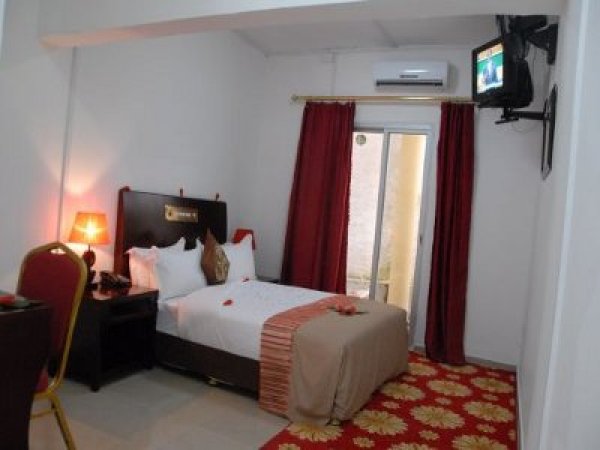
Hotel Karthala International
RESTAURANTS
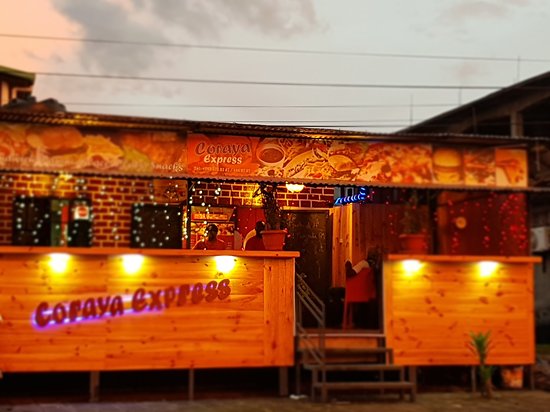
Le Comores Restaurant
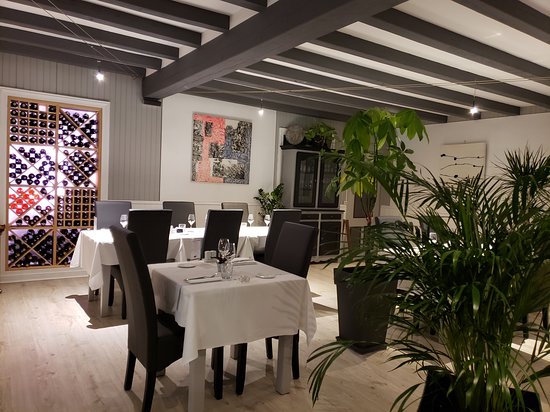
Restaurant Jardin de Saveurs
